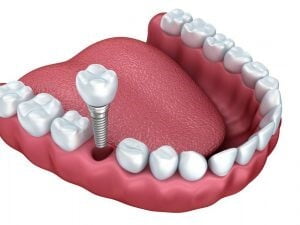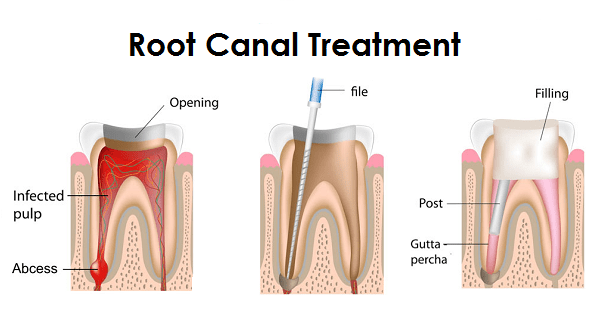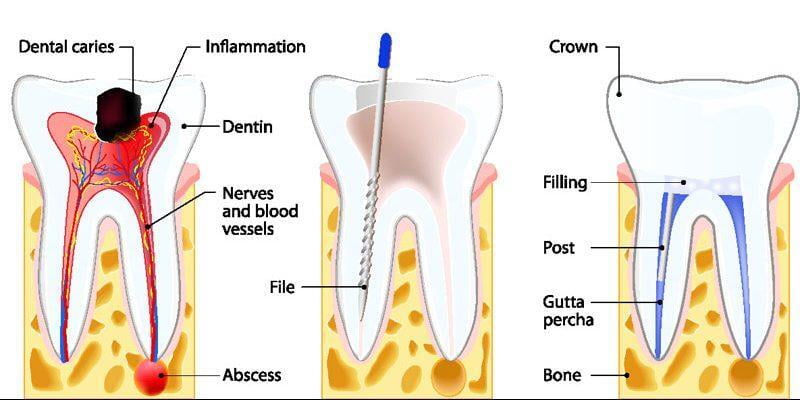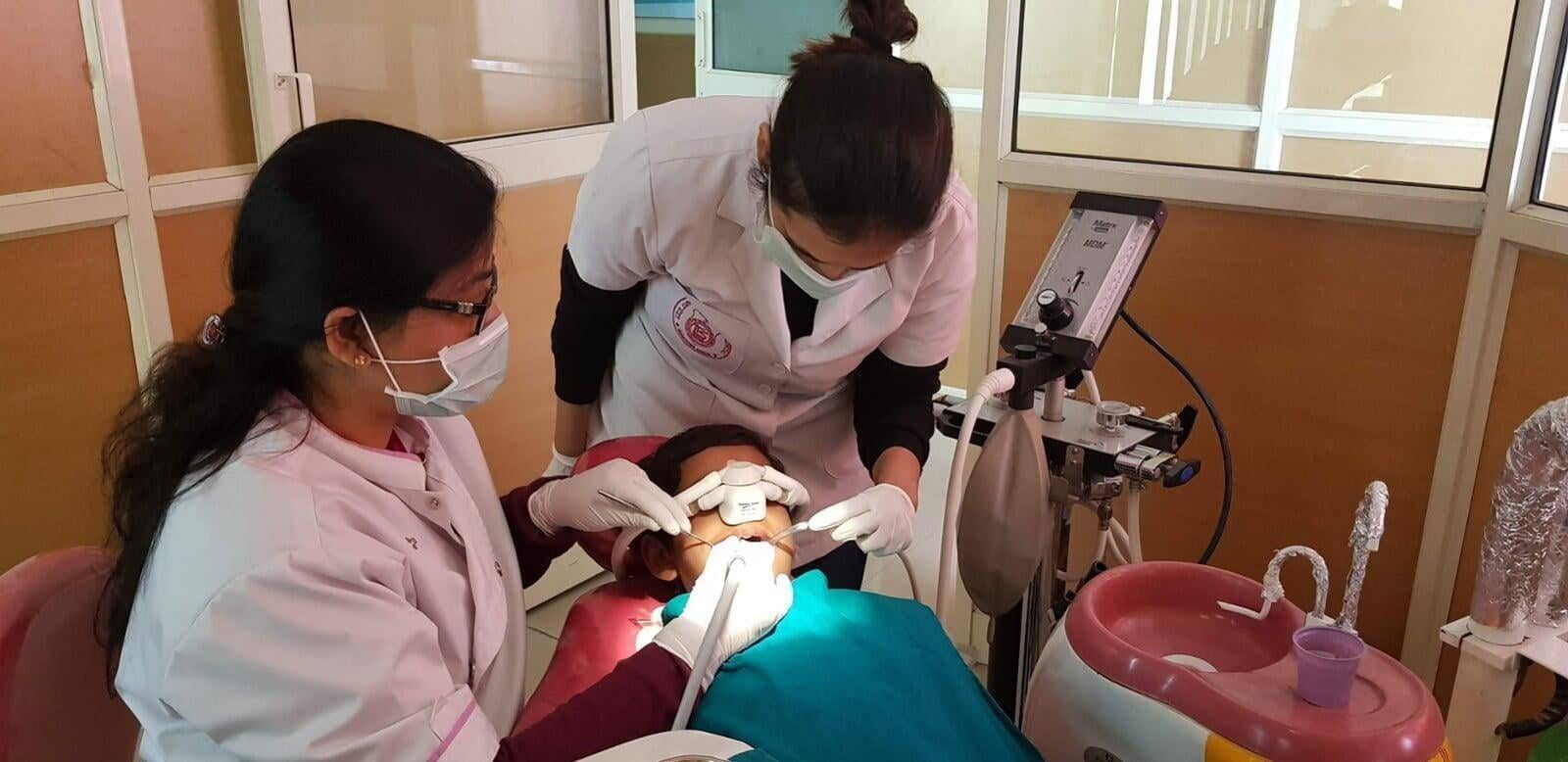Your smile is one of the first things people notice about
you. The constant search for obtaining that perfect smile has made cosmetic
dentistry popular, Cosmetic dentistry is a method of professional oral care
that focuses on improving the appearance of your mouth and teeth and ensures that you get that billion
dollar smile. Most cosmetic dentistry
procedures are usually elective, rather than essential. However a few of these
treatments may provide benefits of restoration to the teeth as well.
Cosmetic dentistry can restore teeth that are missing,
decayed or damaged and can also address concerns of stains and misshapen or
mal-aligned teeth.
The major cosmetic dentistry treatments that you can choose
from, are:
1.Tooth Whitening
Whitening (or bleaching) is the most
popular cosmetic dentistry treatment. It is relatively inexpensive and
uninvasive, thus making it a very attractive procedure. The best results are
typically achieved through in-office professional whitening treatment.
The procedure starts with cleaning the
teeth and removing any plaque or accumulated debris. A whitening agent is then
brushed onto the teeth. In some cases a light for activation of the agent or a
whitening tray may be used. The agent is allowed to act on the teeth for 30
minutes before being rinsed. The whitening agent will continue to brighten the
shade of the teeth for 24 hours after application. Various preparations of home
whiteners are also available that allow self administration, albeit after
proper consultaion with your dentist.
Depending on the particular variety of
teeth whitening treatment you opt for, you may be able to lighten teeth color
by two to nine shades. Results are temporary and may last several months
(depending on how well you care for your teeth).
2. Veneers
Dental veneers are
wafer-thin, custom-made shells of tooth-colored porcelain or resin that cover
the front surface of the teeth. This shell
is fabricated to fit over a prepared tooth to correct worn enamel, uneven
alignment/spacing, chips/cracks, and/or discoloration. Around half-millimeter of enamel from the tooth surface is removed,
impressions may be taken and sent to the lab for veneer fabrication. These thin
shells are then cemented onto the front of the teeth thus changing their color,
shape, size, or length.
Veneers are
especially useful for those for whom
teeth whitening is not an option, either due to stubborn intrinsic tooth staining or
other functional concerns. However, unlike whitening, veneer application is an
invasive procedure that requires the permanent alteration of your natural
teeth.
Traditional porcelain veneers last on average between 10 to
15 years and are often called “Hollywood teeth."
3.Invisible braces
To achieve that perfect smile, it is not only children and
adolescents who turn to braces but also adults. Braces are not only for
aesthetics. This dental procedure can correct misalignment causing pain like
chronic headaches as well. For those looking for an orthodontic
solution without a mouth full of wire and bracket braces, invisible braces may
be a consideration. There are a number of invisible braces variants, including
ceramic tooth-colored brackets, inside braces (placed on the back of teeth) or
clear aligners such as invisalign. Invisalign braces are a great option for adults because no
one can tell you’re wearing them! Though these invisible braces cost a
significant amount more than the traditional ones, the benefits truly warrant
the investment.
4.Gingival Contouring
A common smile concern many people
share is a gummy smile, in which an
excessive amount of gum tissue is exposed when smiling. Also called excessive
gingival display, gummy smile is treatable in a variety of ways, including
laser treatment, surgical lip repositioning, orthodontics, maxillofacial surgery
and gingival sculpting. Gingival contouring treatments often are performed by
specialists such as periodontists, orthodontists or in some cases an oral
surgeon.
5. Dental Bonding
In dental bonding, a tooth-colored resin
material is placed on the tooth and hardened with an ultraviolet or laser
light, bonding the material to the tooth. The dentist then trims, shapes, and
polishes it. Bonding can repair decayed, chipped, cracked, or misshapen teeth;
it is also a good cosmetic alternative to, or replacement for unaesthetic
silver fillings. Bonding takes about 30 to 60 minutes.
Though not the most glamorous of
the cosmetic dentistry treatments, bonding is nonetheless popular, much more so
than some of the more elaborate procedures.
6.Crowns
Crowns are also known commonly as caps
and are custom made to fit your entire tooth. It is an invasive procedure and
requires the dentist to cut your tooth from all sides and reduce its size. They
are usually made of acrylic, ceramic or porcelain that is fused over metal and
are capable of withstanding biting pressure. Crowns can be used to treat teeth
that are poorly shaped, badly decayed, broken, chipped, have had large fillings
or to cover spaces between the teeth. The crown fits above the gum line and
restores the tooth’s shape, size, strength and appearance.
































